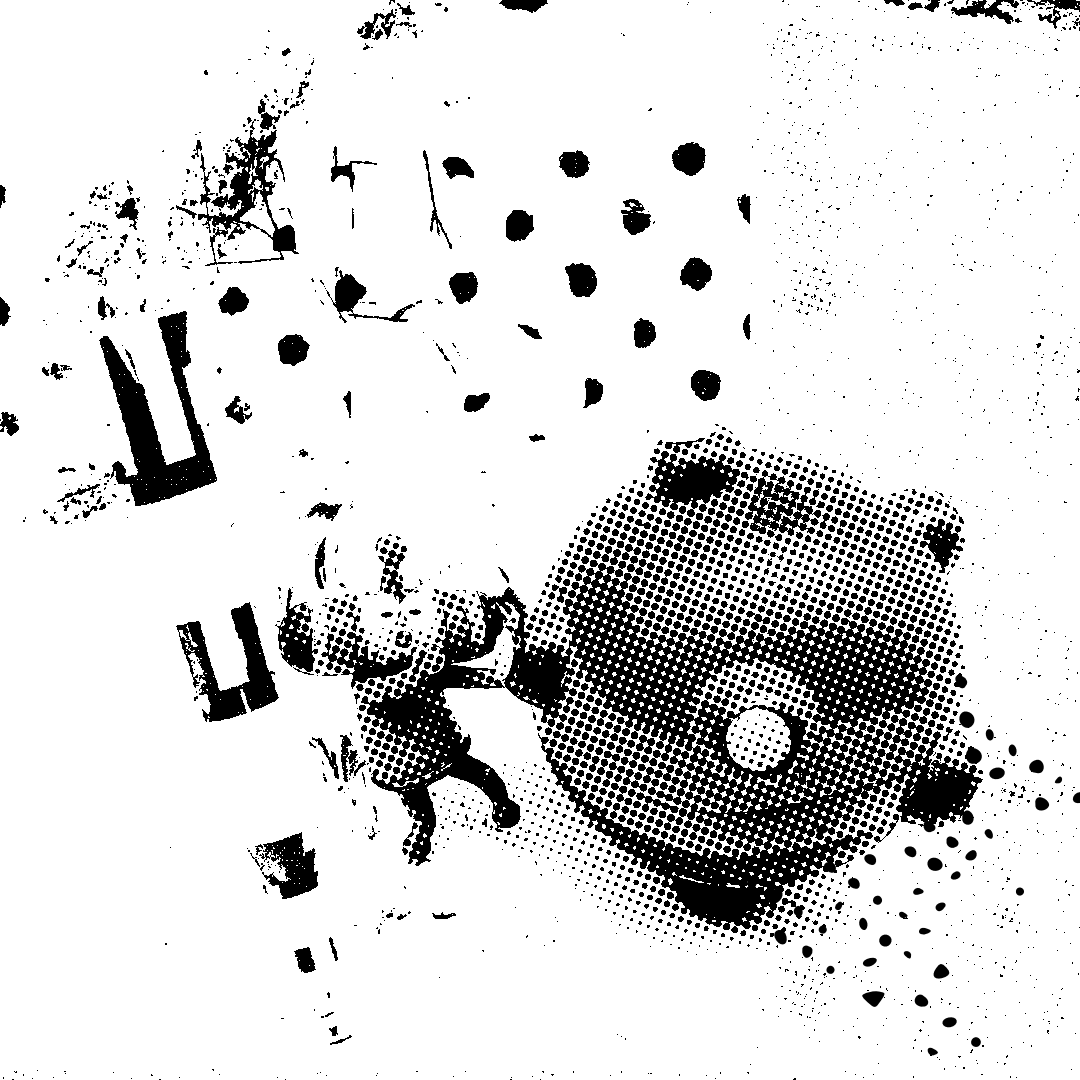Kindness feels radical.
I’m still taking in the response to Eject disk. The comments, reposts, and private messages have been unlike anything I’ve experienced before. It’s still building, and it’s sparked a kind of energy I haven’t felt in years.
It’s helping me wake up. To see the world with clearer, rejuvenated eyes, a sharper mind, and a spirit that feels like it’s finally stretching its limbs after being asleep for too long. All of it fueled by something simple and surprisingly powerful: human kindness.
A few days ago, a friend told me their partner came home and broke down in tears. They had received a message—completely out of the blue—from a client who just wanted to say thank you. Nothing elaborate, no bonus check or standing ovation. Just a genuine, unexpected expression of gratitude for the work they’d done.
The words didn’t hit right away. But once they were home—in a space safe enough to feel it—the emotion caught up. And overwhelmed them.
Their story stopped me. Not because they were thanked, but because it was so rare—and so disorienting—that it elicitedan emotional response. It wasn’t just meaningful. It was a shock to the system. Kindness, once a baseline part of being human, now feels like an anomaly.
Somewhere between the launch of the iPhone and the cultural fallout of the pandemic—we lost the human currency of kindness. It didn’t vanish all at once. It was peeled away in layers, rolled up into a kind of societal Katamari ball that picked up hostility, apathy, overstimulation, and a deep fatigue with each rotation.
So when someone says thank you and means it—not casually, not in passing, not as an emoji or a corporate Slack reaction—it can feel like being handed an ice-cold bottle of water after crawling across the Sahara. During the hottest summer on record, no less.
It shouldn’t feel that way. It shouldn’t feel revolutionary, but that’s where we are today. What used to be a simple human gesture now feels like an emotional event. Saying “I see you” now carries the weight of a rescue signal. When adjusted for post-iPhone inflation, a real thank you is worth its weight in gold.
I’ve been thinking a lot about the shift. I remember attending SXSW back in 2005 and 2006, before the first iPhone. We sat in panels and actually listened. We took notes—in notebooks or laptops. When we met up afterward, we made eye contact. We shared stories. We laughed. Nobody was scrolling. Nobody was double-screening their way through conversations.
By 2008, things had started to fracture. Phones came out mid-session. People were checking Twitter instead of being in the room. They were monitoring what other people were doing instead of keeping their focus in the immediate vicinity. And it just kept unraveling. Eventually you had to ask people to put their phones away so you could carry on a conversation.
Then came the pandemic, and the social muscles we hadn’t been using atrophied even further. We forgot how to be with each other. How to sit through a silence. How to say something vulnerable and let it hang in the air without rushing to soften it. We forgot how to connect without a screen acting as emotional buffer.
And now? A thank you lands like a plot twist.
There’s nothing broken that needs fixing we simply need to abandon our bad habits and the dependence on technology for human connection. Stop defaulting to detachment, to quit the endless flicker of dopamine-driven interactions that leave no trace of meaning or humanity behind.
Kindness has to come back into the room. No spectacle. No dopamine drip. Just one person noticing another and saying something real. No cap.
Let’s break this cycle together.
Reach out to someone in your life who’s putting in the work—not for likes, not for a brand, but because they give a damn. Because they’re trying to make something better. Tell them what you appreciate about them. Be specific. Be honest. And say thank you. Like you mean it, because you do.
And then do it again next week. And the week after that. Don’t turn it into a goal. Don't download a damn app—don't! Just make it a habit. Quiet. Consistent. Human.
This is not complicated. But it does matter. More than ever.


Member discussion